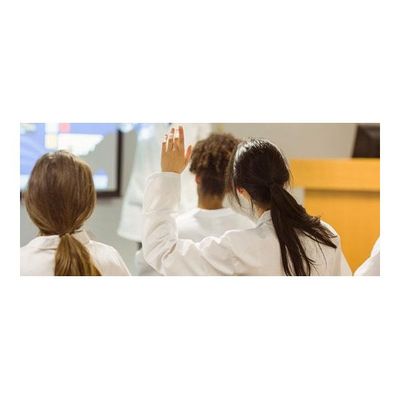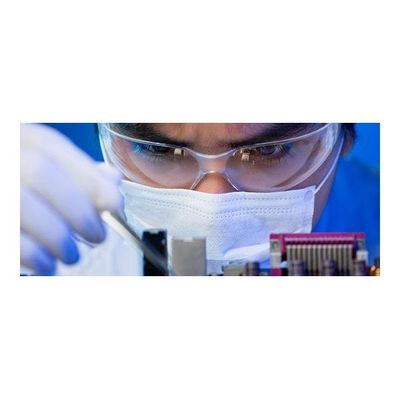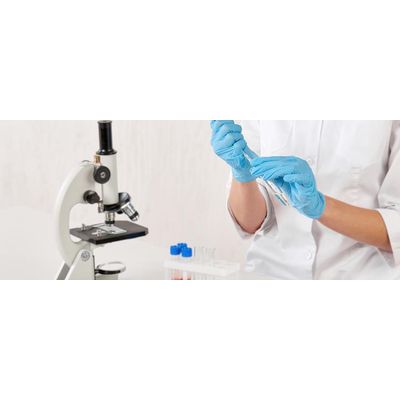

International Society of Blood Transfusion (ISBT) training
Introduction to Antigen-Antibody Reactions Training Courses
This course supports development of knowledge fundamental to understanding antigen-antibody reactions in the laboratory and in transfusion scenarios. Would you like to be able to learn how antibodies develop and act against red cell antigens? Or are you wondering what the structure of antibodies is and how the complement cascade is activated by red cell antibodies? Or also why some red cell antibodies are clinically significant while others are not? Then this course is for you! It supports the development of knowledge fundamental to understanding antigen-antibody reactions in the laboratory and in transfusion scenarios. It consists of a number of units, each of which contains multiple lessons and quiz questions to assess your understanding of the concepts presented.
The Use of Cells and Antibodies As Reagents Training Courses
Build your understanding of antigen-antibody reactions and how red cell antigens and antibodies are detected and identified in the laboratory. The detection of red cell antigen-antibody reactions in the laboratory is critical to safe blood banking and transfusion practice. In this course you will learn about the types and uses of reagent cells and anti-sera used in blood bank testing. Lessons about the preparation and testing of patient samples is followed by units on how to carry out and interpret agglutination tests. Practical examples include the interpretation of forward and reverse ABO group and D typing. A basic understanding of antigen-antibody reactions will help you maximize your learning in this course. This foundation knowledge might be gained through practical experience, by pre-reading or by completion of earlier antigen-antibody courses in the ISBT eLearning series.
Antigen and Antibody Variation and Antihuman Globulin Training Courses
Antiglobulin Tests
Direct and indirect antihuman globulin tests are fundamental to safe transfusion practice including pre-transfusion testing, investigation of transfusion reactions and management of antenatal and neonatal health. Antihuman globulin tests have several applications in the laboratory. In this course you will learn how antihuman globulin reagents are used to detect whether red cells have been sensitised by immunoglobulin and/or complement. On completing the lessons you will be able to explain why and how cell washing is performed and be able to list investigations that use the direct and indirect antihuman globulin tests across a range of scenarios. A basic understanding of antigen-antibody reactions and antihuman globulin reagent will help you maximize your learning in this course. This foundation knowledge might be gained through practical experience, pre-reading or by completion of earlier antigen-antibody courses in the ISBT eLearning series.



